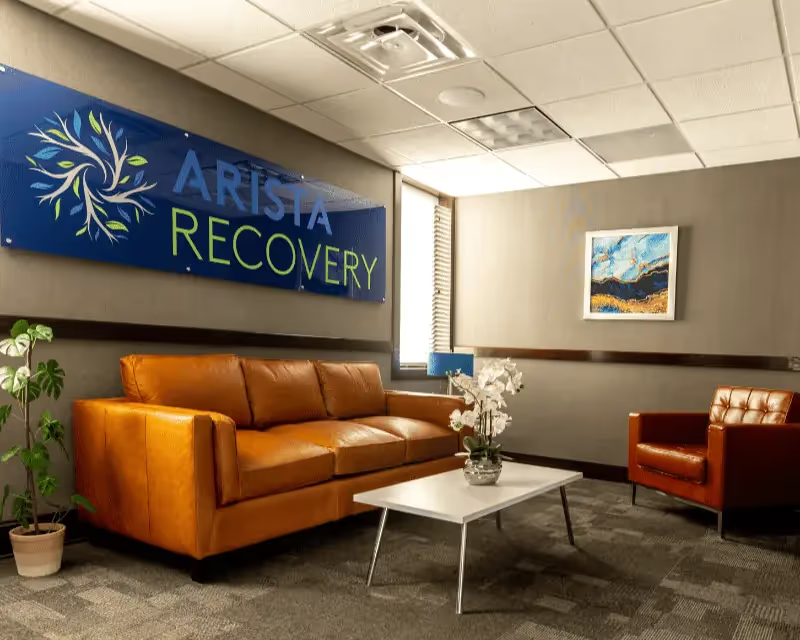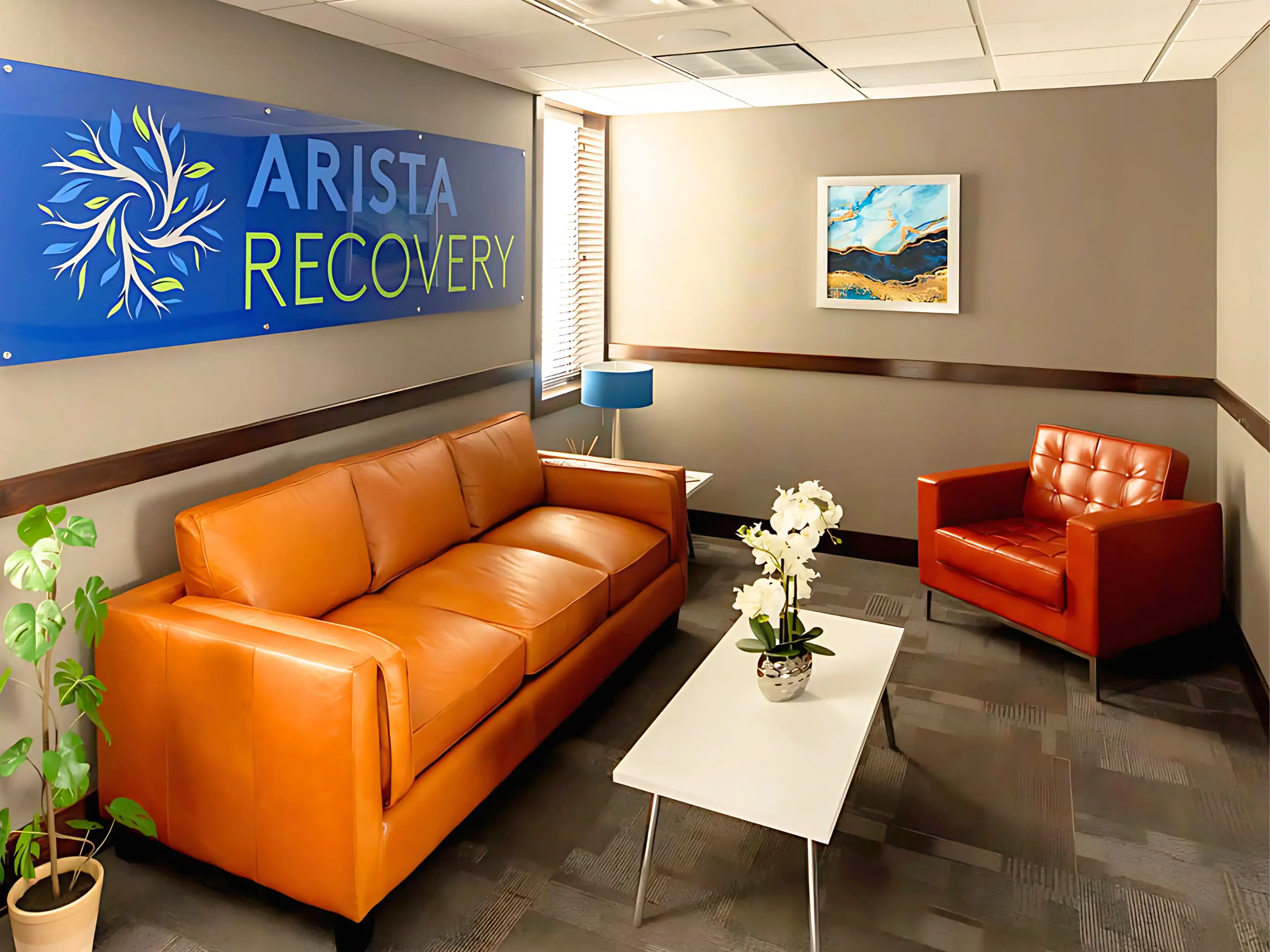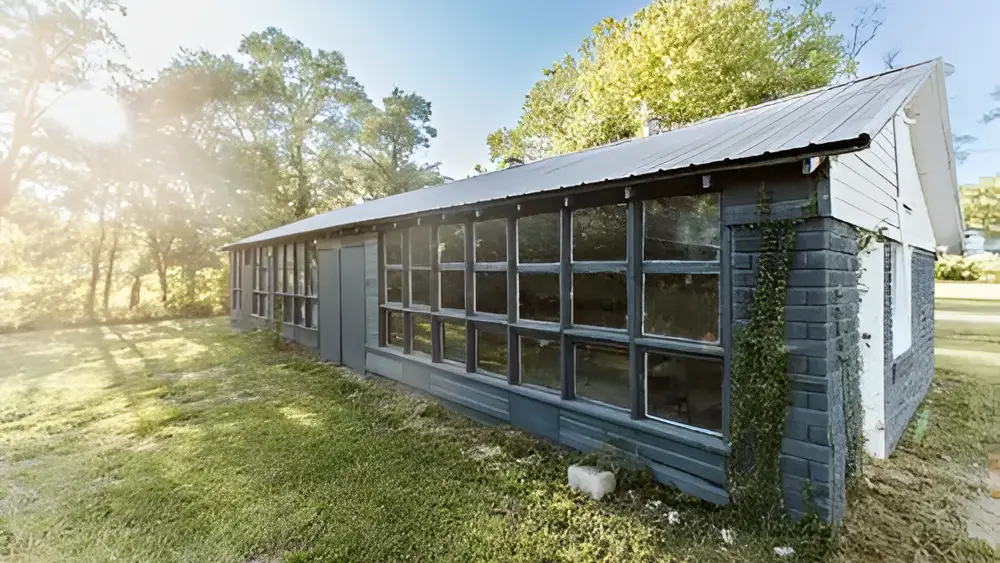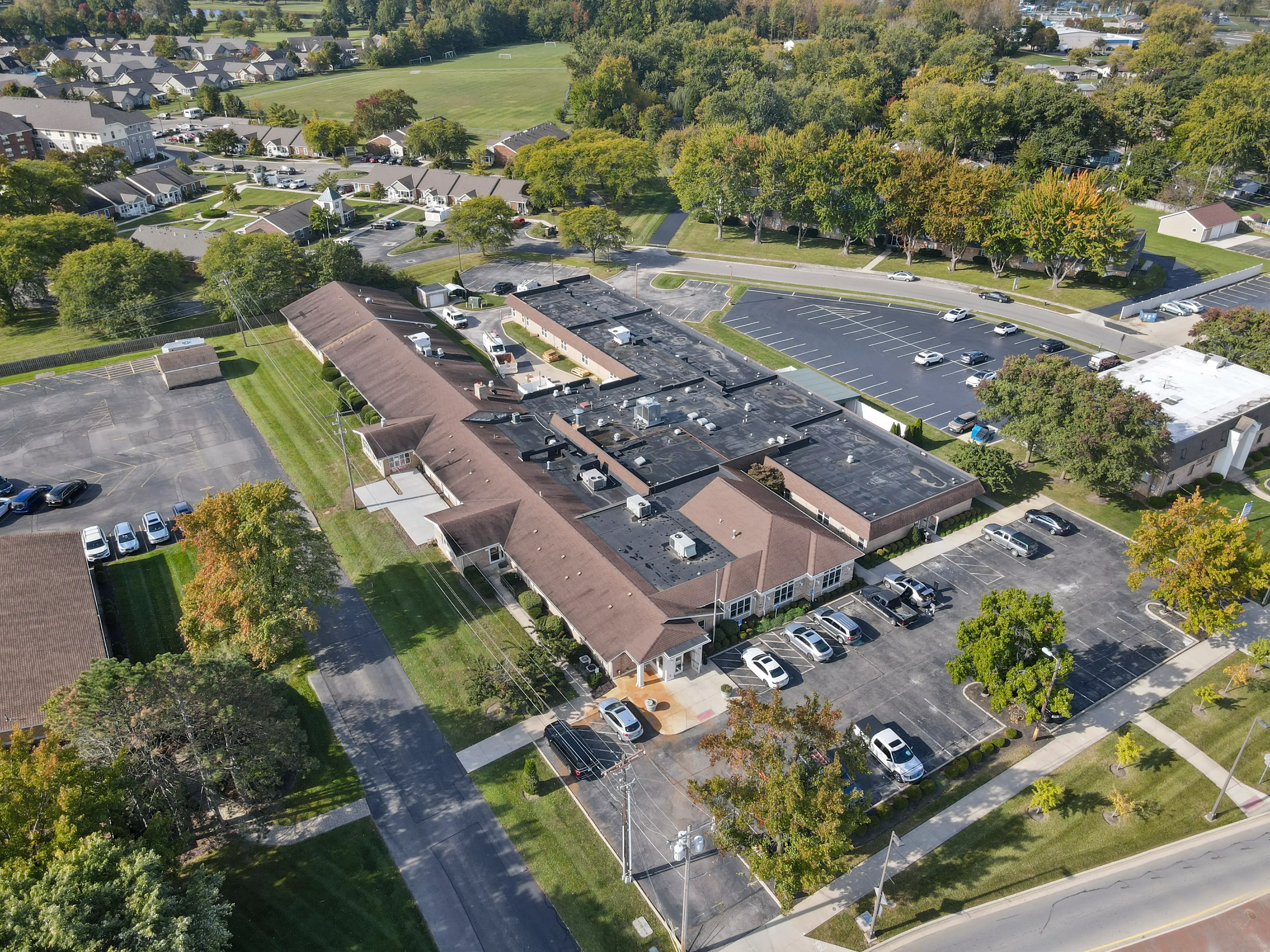Intensive Outpatient Treatment Program In Kansas



Intensive Outpatient Program (IOP)
Intensive Outpatient in Kansas City
There are many ways to get treatment when struggling with addiction; and not all treatment plans are the same.
At Arista Recovery, we offer different levels of care to help everyone find the right program for their circumstances and goals. By working with us at our Kansas City IOP, you can learn more about what led to your addiction, what coping skills you can apply to avoid a relapse, and what tools you need to have in place to live a life of purpose.
Our Midwest recovery center is here to help you recover. Our unique therapies, experienced staff, and compassionate values are designed to help support long-term recovery.
The Benefits of Attending an IOP
There are numerous advantages for attending an intensive outpatient program in Kansas City. There are stages of treatment for a purpose, and to skip one or another could be unfavorable toward patient’s recovery success. IOPs offer an important step between being at a center all day throughout the week and being independent at home, or sober living, while only receiving general outpatient and aftercare services.
- Recovering addicts have more flexibility and independence in IOPs. They can continue to take care of their families and other responsibilities, while receiving support and care from rehab centers.
- There is a lower cost associated with IOP compared to inpatient programs. Insurance companies and personal bank accounts appreciate it when patients can step down to a lower level of care.
- Those in IOP are able to get back to work and school full-time, depending on schedules. It’s often difficult for users to leave all responsibilities behind to begin treatment. Being in IOP makes it possible to get back to life and wean off extra treatment support.
- Recovering users can begin to identify community groups and support while attending IOPs. Outside groups such as AA and NA, as well as other mental health groups, often have individuals who simultaneously attend IOP programs. This is the perfect time to start focusing on aftercare.
An IOP gives you ongoing therapeutic support, but with fewer restrictions than partial or residential hospitalization. With an intensive outpatient program in Kansas City, you participate in a part-time schedule of therapy rather than a full-time schedule. This is a great option for people who still need to accommodate family obligations and school or work schedules.




What to Expect at an IOP in Kansas City
The day-to-day treatment schedule is not as intensive and comprehensive as an inpatient program or a PHP. In IOP, patients will work with an individual therapist, who is likely a case manager, as well as a variety of group therapists. Several types of therapy will be offered. Clients have a daily schedule that typically consists of three to four hours of treatment.
Each individual will focus on unique treatment goals and prepare to step down into aftercare.
Arista Recovery’s intensive outpatient program in Kansas City gives you a high level of service and participation in dozens of treatment options. Your participation can last for months if that’s what you need.
Intensive outpatient programs have higher structure and therapy requirements compared to traditional outpatient. You get significantly more interaction and education than outpatient treatment offers. You can expect to participate in therapy programs that give you a wide range of coping skills, help you prepare to live a fulfilling future, and cultivate support and compassion from the staff around you.
IOPs have different therapies, modalities, and schedules based on your needs. Each facility is different, so it’s best to reach out to places like Arista directly to see the flexibility in scheduling and modalities.
Is IOP Right for Me?
Intensive outpatient programs are designed for those who do not need a high level of care. These recovering individuals are almost ready to be back out in the “real world” without the need to attend a treatment center most days of the week.
Some people have certain obligations that they can’t be away from and inpatient treatment is not appropriate for them. In these cases, PHP or IOP are great options.
Those seeking an IOP should have a stable and healthy home environment, outside support, attend a 12-step program, and have enjoyed progress at a higher level of care or need a boost from general outpatient support.
If any of those descriptions sound like you— give us a call to discuss the alternatives to inpatient treatment.
Ready to Take Action Now? Get in touch




Arista Recovery is Here For You
At Arista Recovery, the intensive outpatient program is one of the first steps we offer to clients who have a handle on addictions and started their journey to recovery.
Those approved for IOP will attend treatment centers for morning or evening sessions. During this time, patients will meet with individuals and group therapists, work alongside other clients to discuss struggles, goals, and aftercare plans, as well as learn new skills. There is power in groups, and many patients benefit from relating to peers in a safe and private environment.
Discharge meetings occur when it has been determined by a patient’s treatment team that the patient has satisfied treatment goals and are ready for aftercare. IOPs typically lasts around 90 days.
Paying for Intensive Outpatient
The specific cost of IOP is contingent on insurance coverage and other factors.
The most influential factors affecting the cost of substance abuse programs are:
- Types of services offered
- Intensity of services offered
- Duration of treatment
- Locations of treatment centers and amenities provided
Experiencing an intensive outpatient program is well worth the time, effort, and financial investment.


Our Premiere Intensive Outpatient Program In Kansas City
Arista recovery is a comprehensive Kansas City intensive outpatient program. Our proprietary method involves half a dozen modalities in addition to traditional individual and group therapy sessions. We focus heavily on integrating movement and physical activity into your recovery so you can say goodbye to the boring, sterile classrooms and folding metal chairs you might expect in rehab.
Arista Recovery is a Midwest drug and alcohol rehab center, offering outpatient rehab programs in Johnson County. Let Arista help you find the right rehab program in Kansas City.
Quick Admission Process
A simple & easy same-day admissions process
Contact
Reach out to our caring admissions team via phone, text or webform.
Verification
Get a free benefits verification form to confirm your coverage options.
Pre-screening
We will do a quick confidential pre-screen to ensure we are a fit for you.
Treatment
We will schedule transportation and your intake at Arista Recovery.
Quick Admission Process
See How Healing Begins
Watch a brief overview of our medical detox program and learn how our team provides safe, compassionate care to help you start recovery with confidence.
OUR LOCATIONS
Visit One of Our Trusted Locations
Access expert care and compassionate support at our accredited recovery centers across the Midwest. Each location offers a safe, welcoming space where lasting healing and growth begin..
Inside Our Detox Program
See How Healing Begins
OUR APPROACH
Our Unique Therapies
Explore our innovative approach to addiction treatment at Arista Recovery. From evidence-based therapies to holistic and experiential methods, we offer an immersive experience that works to treat the root causes of substance abuse our full continuum treatment programs
.webp)



FAQs
Frequently Asked Questions About Intensive Outpatient
In an intensive outpatient program, clients attend just a few hours each day for a few days a week, depending upon needs. This allows clients to be able to get back to daily functions and activities such as working more hours, getting involved in support groups, finding a mentor, reconnecting with supportive family members and friends, etc. Being in IOP also provides clients the opportunity to start utilizing the coping skills, life skills, and career skills they learned during treatments.
Those approved for an intensive outpatient program will attend the treatment center either for morning or evening sessions. During this time, patients will meet with individual and group therapists, work alongside other patients to discuss struggles, goals, and aftercare plans, as well as learn new skills. Psychoeducation and addiction education are included in the daily schedule.
Intensive outpatient programs generally last around 90 days.
.webp)

.webp)






